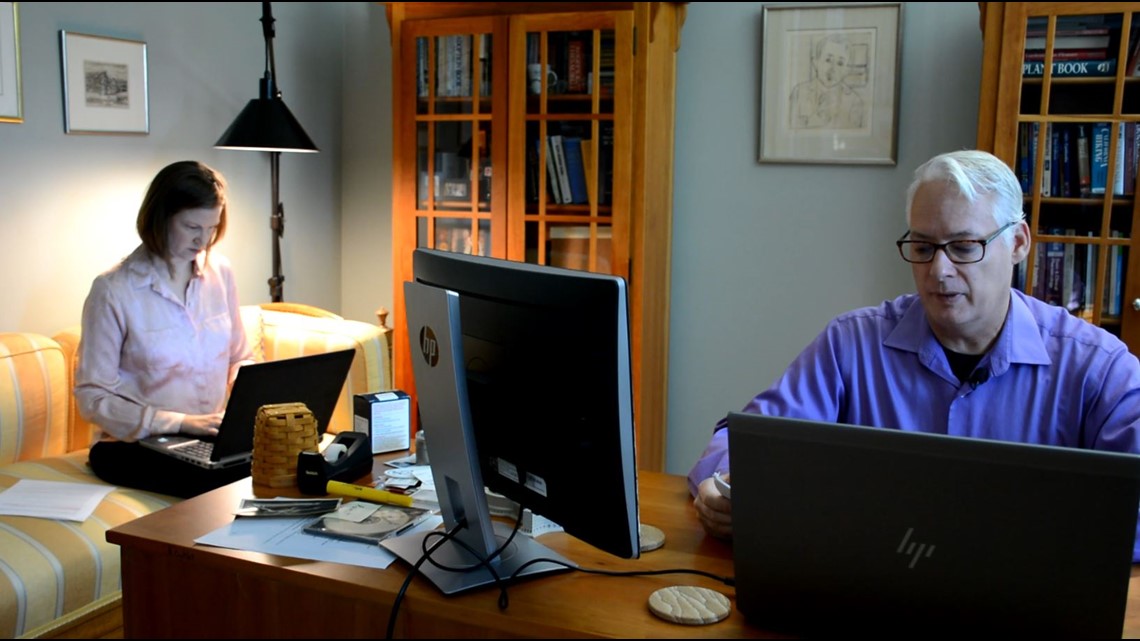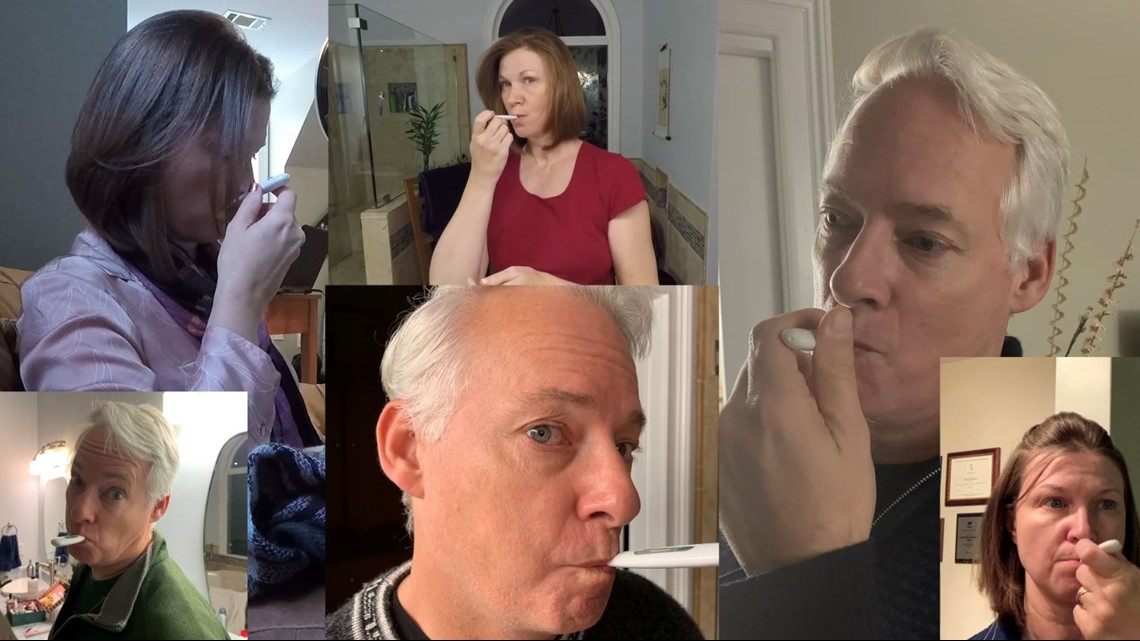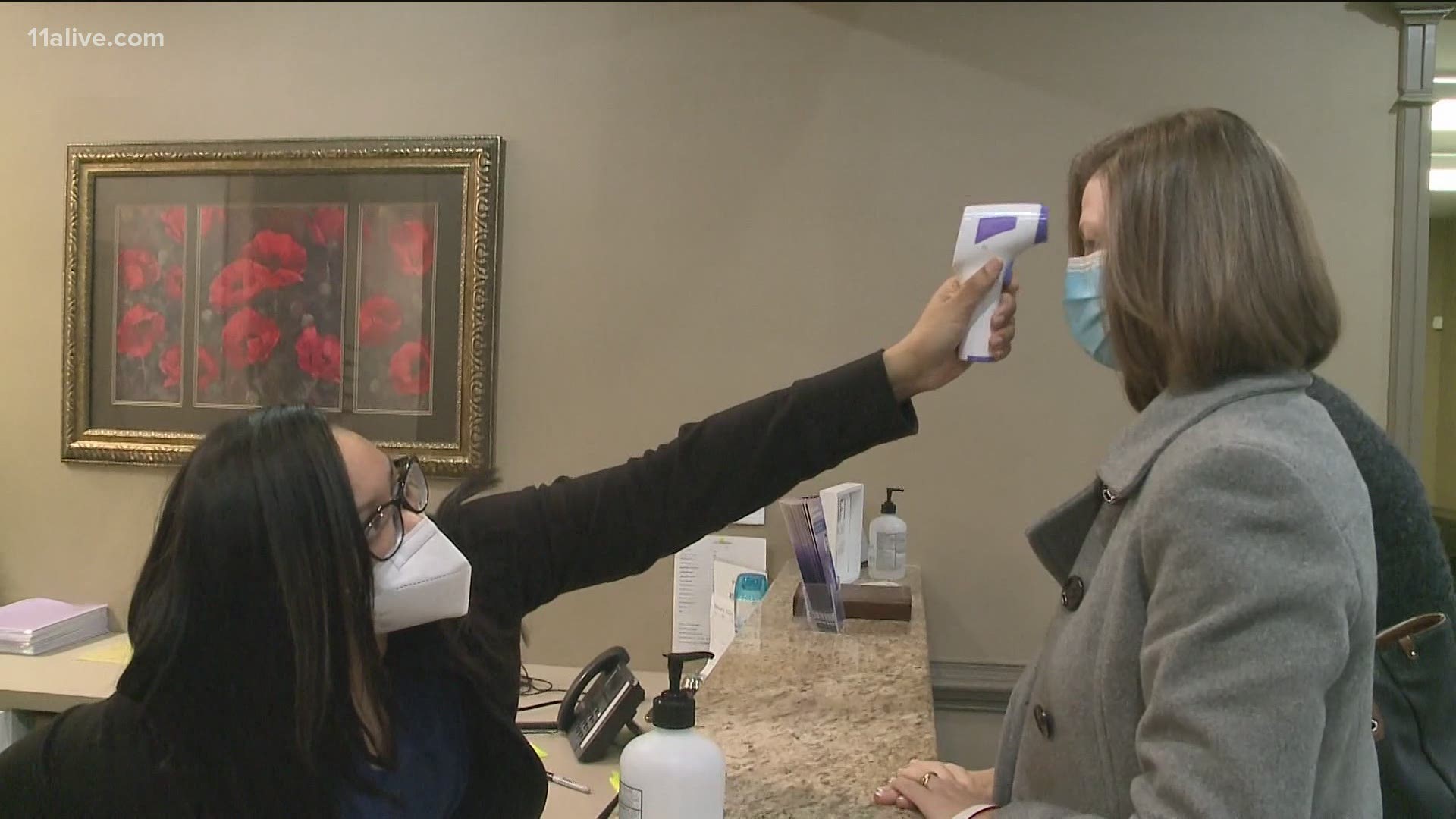ATLANTA — My husband, Stephan, signed up to participate in a phase 3 vaccine clinical trial last summer, but never got the call. So when we learned Novavax needed volunteers, we decided to try again. After nearly a year of wearing masks and social distancing, we wanted to be part of the science that helped find a solution.
This time we were approved.
We began the Novavax trial three days after Christmas. It started with a 45-minute drive to Clinical Research Atlanta, located in Stockbridge. After reading a 16-page document outlining the trial and answering several questions to make sure we qualified, we were given our first injections.
It’s a double-blinded study. That means neither we nor the doctor assigned to our study, know if we received the vaccine or a placebo. But we have our suspicions.


The reality is, we need a lot of vaccine to meet worldwide demand. By using vaccines with varying key ingredients, we’re less likely to experience shortages. It also helps spread out the production workload, as multiple companies struggle to meet demand.
One approach to triggering an immune response may work better for some with pre-existing conditions or reduce the risk of a long term side effect. Both Moderna and Pfizer’s vaccine have triggered a handful of severe allergic reactions, requiring medical attention. That may not be the case with other vaccines developed.
It would also be easier for those in rural areas and developing countries to have more vaccine choices that don’t require sub-zero refrigeration.
Perhaps the biggest item on the wish list, a vaccine just as effective with only one dose. Johnson & Johnson hopes to present its data to the FDA in February, proving it's possible, at least at preventing serious illness or death due to COVID.
AstraZeneca hopes to present its data this spring. If all of these work, the US will have five different vaccines and several ways to tackle the virus.
COVID-19 vaccine trials are taking place around the world, which has proven beneficial as the virus mutates. Novavax, along with its US trial, is conducting vaccine studies in the United Kingdom and South Africa, where new, more contagious strains were first identified.
To accomplish these goals, companies need people willing to test their products.
After receiving our first injections, we downloaded an app to log our reactions, if any, to the shot. Each day for a week, we were asked if we experienced things like joint pain, nausea, or redness at the injection site.


We also had to take our temperature, a requirement that would last much longer than a week. In fact, we have to take our temperature and report any potential COVID-19 related symptoms for more than a year.
In three weeks, we will return for our second injection and there will be several visits after that to give blood and gauge our body’s response.
If we didn’t get the vaccine, or it's not effective, we may have significantly delayed when we can get protection. But with a three-generation household, we felt it was a risk worth taking to get the science right.

